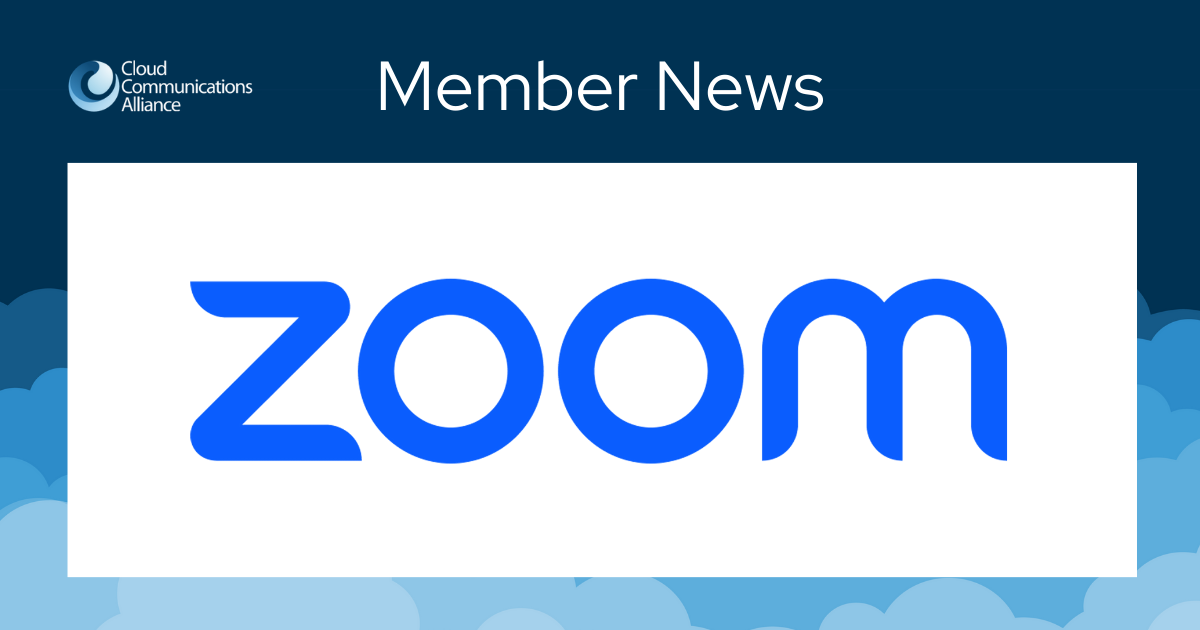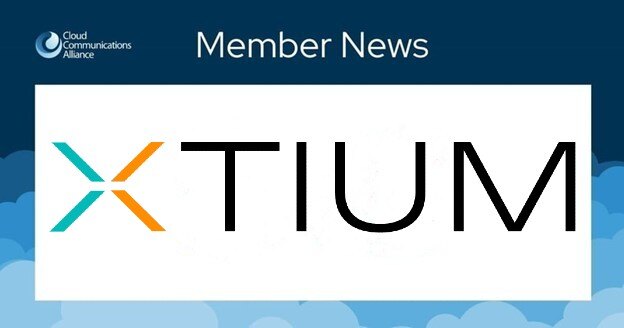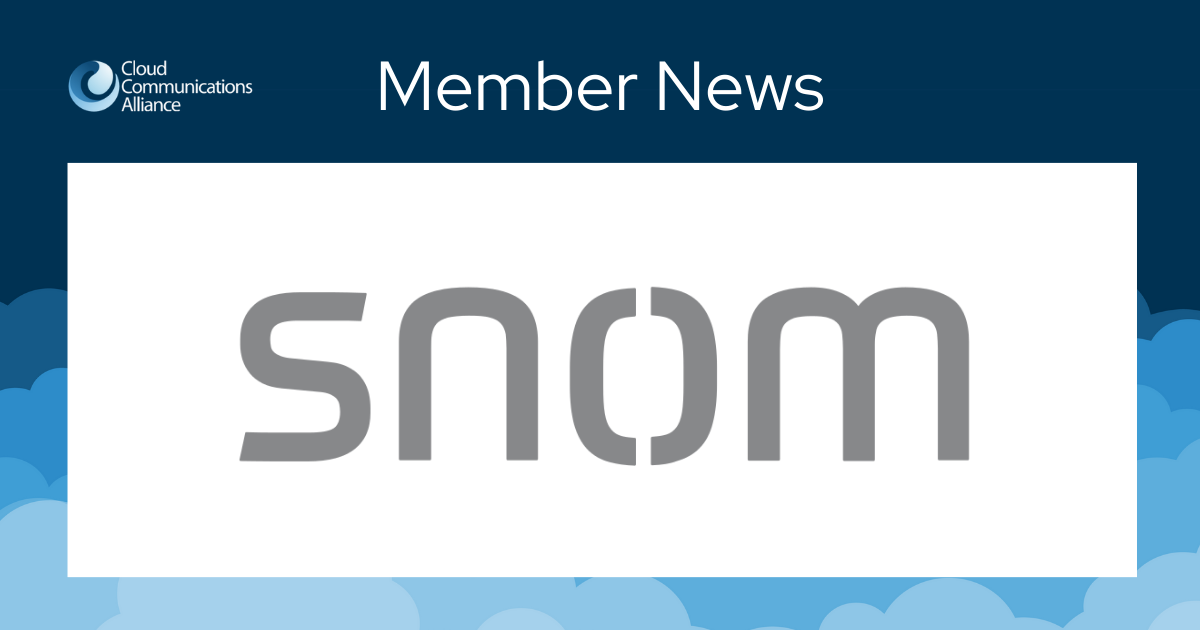Navigating the Changing Landscape of the Universal Service Fund Program

In the ever-evolving world of telecommunications regulation, we often find ourselves reading the tea leaves to anticipate the future. Recent developments in the Universal Service Fund (USF) program have piqued our interest, and we'd like to share some insights into the potential changes that may be on the horizon.
AT&T's Shifting Stance: AT&T, a major player in the telecommunications industry, has long been at the forefront of discussions regarding the USF program's funding model. Historically, they advocated against expanding the contribution base, advocating instead for a complete overhaul that involved funding from the General Income Tax Fund of the US Treasury.
A New Approach Emerges: However, recent developments suggest a change in AT&T's stance. While they continue to champion the "Pay for it from the General Fund" model, there's been a noticeable shift toward compromise. The key pivot lies in their willingness to consider adding "Broadband" to the list of contribution-eligible revenue sources.
The Path to Reform: AT&T's newfound openness to this compromise could hold significant implications for the future of the USF program. If Congress were to pass legislation granting the FCC the authority to require contributions from "big tech" companies, we could see a reform that doesn't discard the entire framework.
The Potential Benefits: With expanded contributors and a broader range of contribution-eligible revenue sources, the USF program could experience a remarkable transformation. It's plausible that, within a couple of years following the passage of such legislation, we might see a more sustainable and equitable USF program. One that is funded by a vastly increased contributor base and potentially maintains a steady fee in the range of 1% to 2.5%.
The Road Ahead: While these potential changes are promising, we must remember that the regulatory landscape can be complex and subject to various influences. As these discussions unfold, it's crucial for businesses in the telecommunications industry to stay informed and engaged with industry developments.
The Cloud Communications Alliance’s (CCA) Government Affairs Committee is committed to providing timely insights and expert guidance to help you navigate the ever-changing regulatory landscape. We will continue to monitor these developments closely and keep you informed about any significant changes that may impact your business.
As the USF program evolves, we stand ready to assist you in adapting to new regulations and optimizing your compliance strategy. If you have any questions or concerns about these potential changes or their implications for your business, please don't hesitate to reach out to us. We're here to support your success in an evolving regulatory environment.


